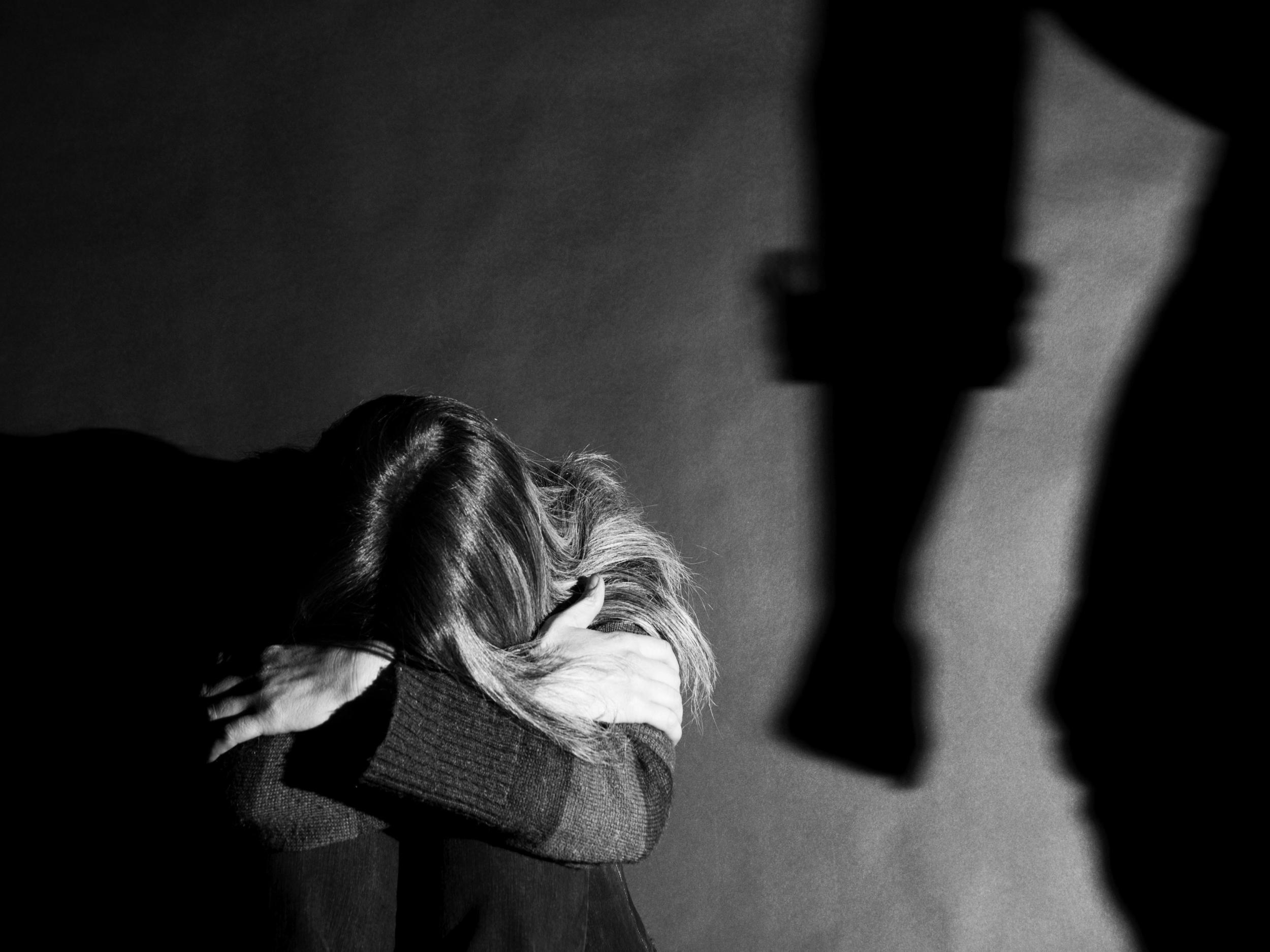Shortlist announced for prize recognising novels which do not feature violence against women
Inaugural award accused of censorship and 'missing the point'

Your support helps us to tell the story
From reproductive rights to climate change to Big Tech, The Independent is on the ground when the story is developing. Whether it's investigating the financials of Elon Musk's pro-Trump PAC or producing our latest documentary, 'The A Word', which shines a light on the American women fighting for reproductive rights, we know how important it is to parse out the facts from the messaging.
At such a critical moment in US history, we need reporters on the ground. Your donation allows us to keep sending journalists to speak to both sides of the story.
The Independent is trusted by Americans across the entire political spectrum. And unlike many other quality news outlets, we choose not to lock Americans out of our reporting and analysis with paywalls. We believe quality journalism should be available to everyone, paid for by those who can afford it.
Your support makes all the difference.The shortlist for a controversial new prize which recognises thriller novels in which no women are beaten, stalked, sexually exploited, raped or murdered has been announced.
The Staunch Book Prize was founded by Bridget Lawless – a writer who has written for TV series The Bill – in order to create an alternative to the “overload of violence towards women in fiction”.
Lawless, who judges the prize, argued thriller writers should be able to pen page turners which keep the reader on tenterhooks without resorting to overused cliches that involve female violence.
“While women in the real world are fighting sexual abuse and violence, being disbelieved when they report rape or assault, or being murdered because they are women, the casual and endless depiction of women as victims or prey sits uneasily alongside their fight,” explains the prize’s website.
“While real rape survivors struggle to be heard and counted, fictional rape victims take the stage – usually as two dimensional characters – in stories that celebrate the cunning (often, charming sexiness/astonishing brutality) of serial rapists and the dogged brilliance of detectives.
“We wanted to show not only readers but producers, directors and actors that there are amazing, complex stories being written today by authors with truly fresh ideas, great imagination and brilliant plotting skill.”
The international shortlist includes titles from Penguin Random House, HarperCollins and a number of independent publishers from across the world, as well as one unpublished manuscript.
The six nominations include Anna Porter’s The Appraisal, If I Die Tonight by A L Gaylin, East of Hounslow by Khurrum Rahman, On the Java Ridge by Jock Serong, The Kennedy Moment by Peter Adamson, and Cops and Queens by Joyce Thompson, who is currently seeking a publisher.
But the inaugural prize for £2,000 has been fiercely criticised by those who argue the accolade for excluding violence towards women overlooks what is a prevalent and ongoing issue.
The award was accused of censorship and “missing the point” after it was launched in January – with authors such as Sophie Hannah and Val McDermid criticising it.
The latter, who is a Scottish crime writer, has argued bringing in a blanket ban on writing that addresses violence against women is self-defeating – saying her writing about cruelty towards women is fuelled by her fury it takes place.
She said good writers “want to address these issues – not by ignoring them but by dealing with them in a way that isn’t exploitative”.
“As long as women are dying at the hands of violent men, I am going to write about this. Because not to write about it is to pretend it’s not happening,” McDermid told the BBC.
In March, organisers of the CrimeFest event in Bristol withdrew their offer of a complimentary pass and panel appearance for the winning writer.
“We have engaged in live discussions, been the subject of angry articles, been trolled on Twitter and talked about behind our backs,” the prize’s website explains. “All of which has helped carry news of the prize around the globe and enabled us to reach a much wider audience. So thank you to everyone who has contributed to the ‘debate’.”
The prize was judged by Lawless, agent Piers Blofeld and actor Doon Mackichan. It was open to stories across the thriller genre: crime, psychological, comedy and mysteries.
The winner will be revealed on 26 November – a day after the International Day for the Elimination of Violence Against Women.
Lawless decided to launch the prize after seeing the number of films featuring rape as a plot device at last year’s Baftas. She chose to abstain from voting in the awards despite being eligible to.
Join our commenting forum
Join thought-provoking conversations, follow other Independent readers and see their replies
Comments